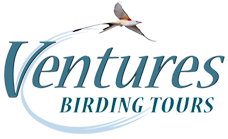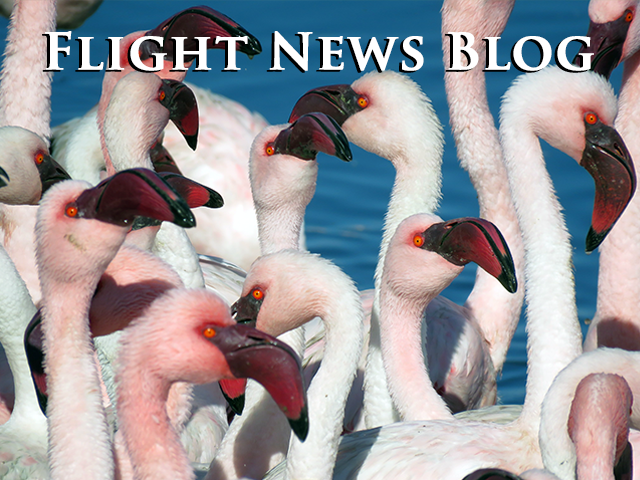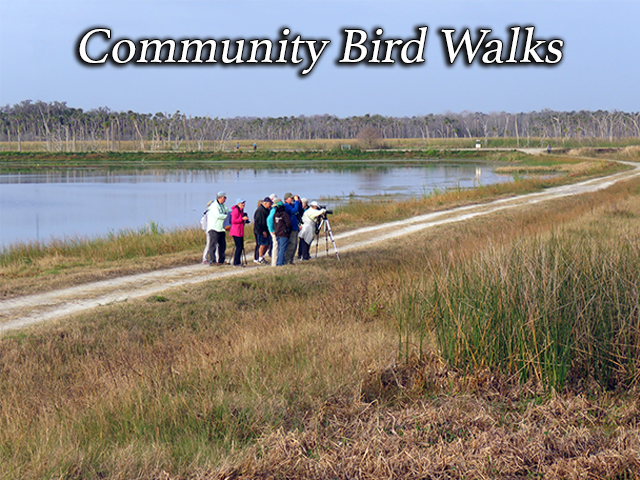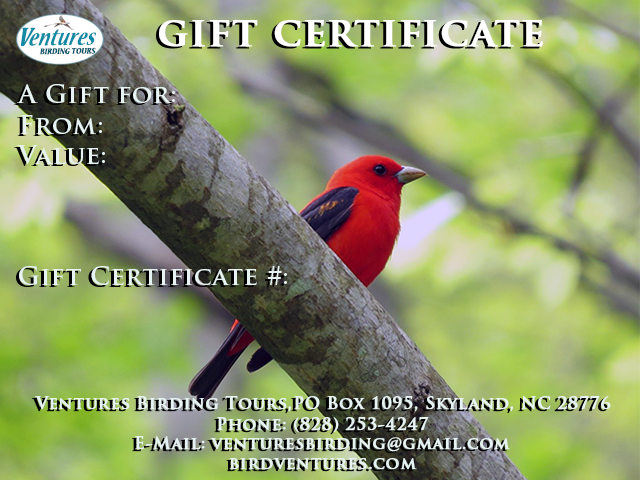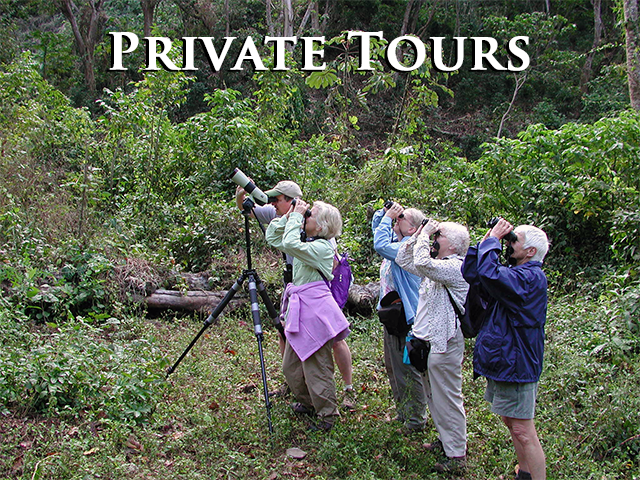Triangle Beginner Birding
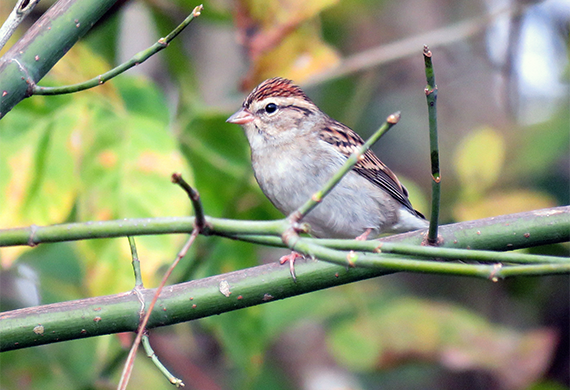
Raleigh, NC
March 25, 2023
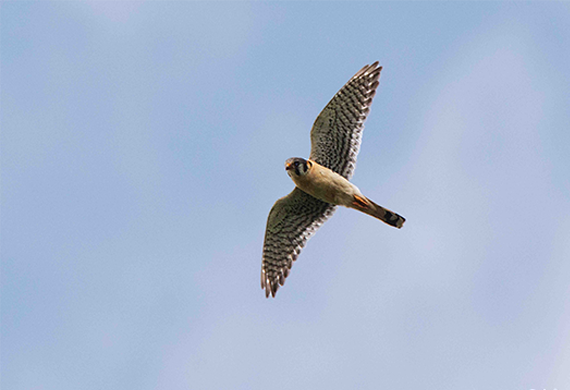
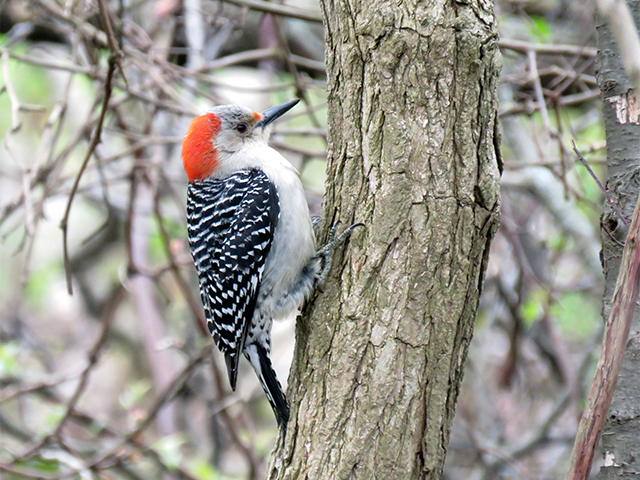
Register by clicking the ‘book now’ button above, or by contacting the Ventures office. We accept credit cards for an additional fee (2.9% for MC, Visa, Discover; 3.9% for AmEx), but you may also pay by bank transfer, cash, check, or money order. This Venture is limited to 10 participants.
Time: 8 AM; We will meet at the NC State Experimental Schenck Forest Cost: $60
A beginner's trip to a few well-known locations in Wake County, with a focus on how and where to spot birds as well as key strategies for separating different species. We will visit a variety of habitats and the terrain will be fairly flat but we will do a good bit of walking so be sure to wear comfortable footwear.
Join local bird guide Susan Campbell for a beginner's trip to a few well-known locations in Wake County. Although the spring migrants will not quite be back in town, there will be plenty of bird activity for us to observe. Most, but not all, of the birds will be familiar year- round species. The locals will be singing and displaying in their breeding finery. Furthermore, it is likely that we will find at least a few nests.
The morning will begin at the NC State Experimental Schenck Forest where both edge and woodland birds should be abundant. The group will take one of the shorter, well established loop trails around the upland portion of the property. We should have the opportunity to observe species such as Eastern Bluebird, Brown-headed Nuthatch, Pine Warbler, Red-bellied Woodpecker and Chipping Sparrow. We will keep an eye to the sky for raptors since Red-tailed and Cooper's Hawks as well as American Kestrels frequent the area.
Our next stop will just down the road at the NC Museum of Natural Sciences' Prairie Ridge Eco-station. This educational center manages a variety of Piedmont habitat including extensive grassland and early successional forest. We should find lingering winter sparrows such as White-throated, Field, Song and maybe Fox Sparrows. Expect plenty of Eastern Towhees and Brown Thrashers as well as some Yellow-rumped Warblers, Winter Wrens and Ruby-crowned Kinglets that have yet to head back north. The pond there might hold Wood Ducks or a Great Blue Heron. The staff at the facility also maintain an extensive feeding station. Therefore, we will have excellent opportunities to compare and contrast a variety of birds at close range before and after a hike around the property.
Following a lunch break, we will head to nearby Umstead Forest to see what hardwood forest species we can spot using our newly acquired skills. Red-shouldered Hawk, Barred Owl, Blue Jay, Downy Woodpecker, Northern Cardinal and American Goldfinch are all likely. The trail here will be more undulating but not strenuous. The group will spend at least some time along Reedy Creek in search of not only more of our feathered friends but hopefully a few early spring wildflowers.
During the trip, we will take a little time to discuss resources available to assist with bird finding and identification. Not only are there specialty site guides available for our area but there are excellent websites that can be very helpful. Susan will also introduce you to some of the best bird-related apps that have become invaluable to many in the birding community.
